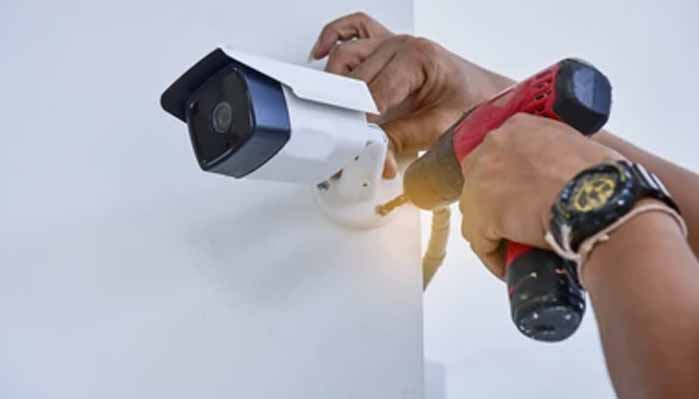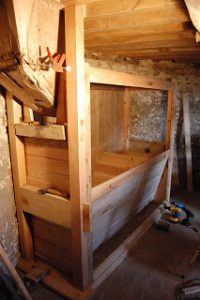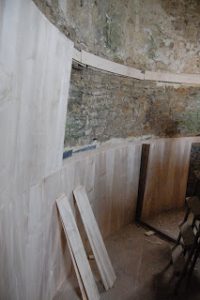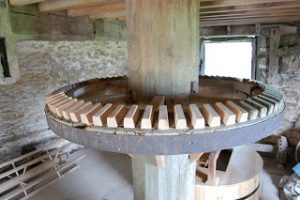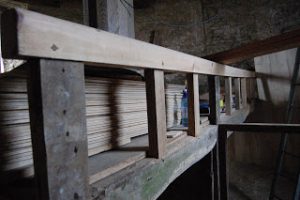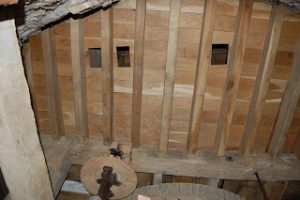Important Tips For CCTV Installation
Before installing a CCTV camera, there are several important tips you must keep in mind. These tips include proper lighting, IR distance, storage space, and security camera protection. Make sure to ask professionals before you buy a CCTV system for your home or business. MaxSol Techs have the expertise to help you decide where and how to place your cameras. After all, your security camera is the most important piece of equipment in your building. Make sure you invest in a reliable system that will last for years.
Proper lighting
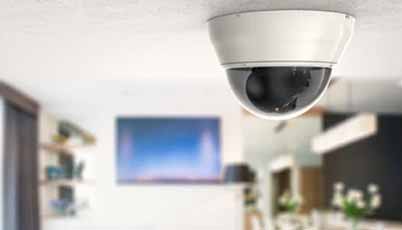
The first and most important thing to remember when lighting for CCTV is that the inverse square rule applies. That is, for every double distance from the subject, you should have four times the amount of light. This can help you create an even light scene for the cameras in the area of your field of view. This is important as it ensures that the images captured are not too dark or washed out. Generally, the contrast ratio for artificially lit scenes should be between 3:1 and 5000K.
In addition to being energy-efficient, LED lights should also be installed where they will not create a blind spot on the images that the cameras are recording. The LEDs should be placed in an area where they are out of the way, but still within reach for maintenance. The best lighting for CCTV installation is an integral light, allowing the cameras to record even when the power is down. LED lights are a great choice for these purposes because they produce bright, white light that makes it easier to distinguish suspicious activity.
IR distance
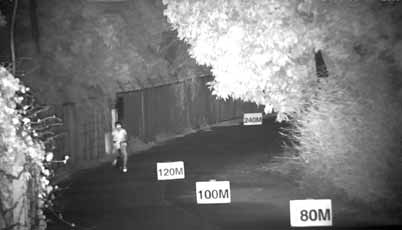
The proper IR distance for CCTV installation is important. A single high-powered bulb will create more of a risk for catastrophic failure than a dozen low-light bulbs. Depending on the IR distance and the number of bulbs used, a low-light IR camera may be enough to provide adequate illumination for most surveillance applications. It is also important to note that different manufacturers may state different distances. SCW, or the Standard Calibration Weight, is the industry standard for IR distance.
A camera’s IR distance refers to how far the IR illumination can illuminate an object at a certain identification distance. For example, a 20-ft camera may have an IR distance of 80-100 feet. Focal length is measured in millimeters, so the smaller the number, the wider the angle of view and IR distance. A camera that advertises a 20-ft IR distance is likely to be ineffective at capturing detail at any distance, so it is important to choose a camera that specifies its IR range.
Storage space
There are several different options for storage space when it comes to a CCTV installation. Continuous year-round recording would require at least 480TB of storage space. Typically, that would require 80 8TB drives. These drives cannot all be fitted into the same chassis, and need to be split to allow for network traffic. The type of data that is recorded on the drives and the playback data must also be considered when choosing the size of storage.
The number of cameras used in the CCTV installation will determine the amount of storage required. The more cameras, the higher the storage requirement. Additionally, the higher the camera’s bitrate, the more storage will be needed. For example, a CCTV camera with a high bitrate will require more space. But if the camera only has a single camera, less storage is required. For example, a 1080p camera with a resolution of 1080p will need at least 8 terabytes of storage.
Security camera protection
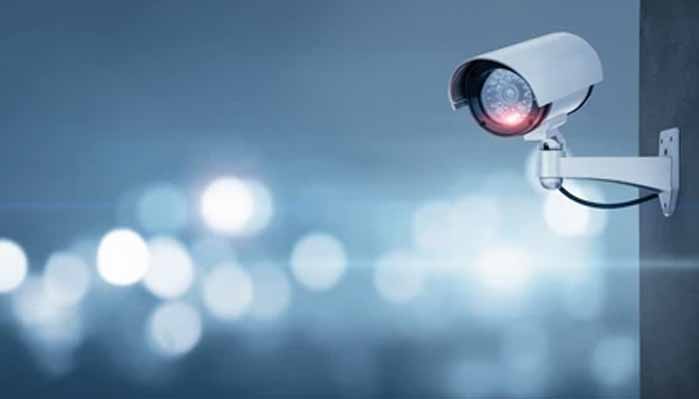
When installing CCTV in a home, you should take the following precautions to avoid any potential dangers. You should use an IP address to monitor the surveillance system through the Internet, and ensure that the cables are well protected. Installing the security system can be a challenging task. Fortunately, professional installation companies are available to help you install CCTV. A professional surveillance system will run the cables through walls, baseboards, and attics to protect your home from wires and pipes.
Conclusion
The cables running from the cameras should be protected from damage or vandalism. This protection comes in the form of special sheaths and conduits that are hidden inside walls and ceilings. The cables themselves should never be exposed to the elements. Make sure to hire a security camera installation company that has experience in this area. Intruders can also cut the cables, so make sure to protect them. This will also prevent the risk of camera damage caused by lightning.
